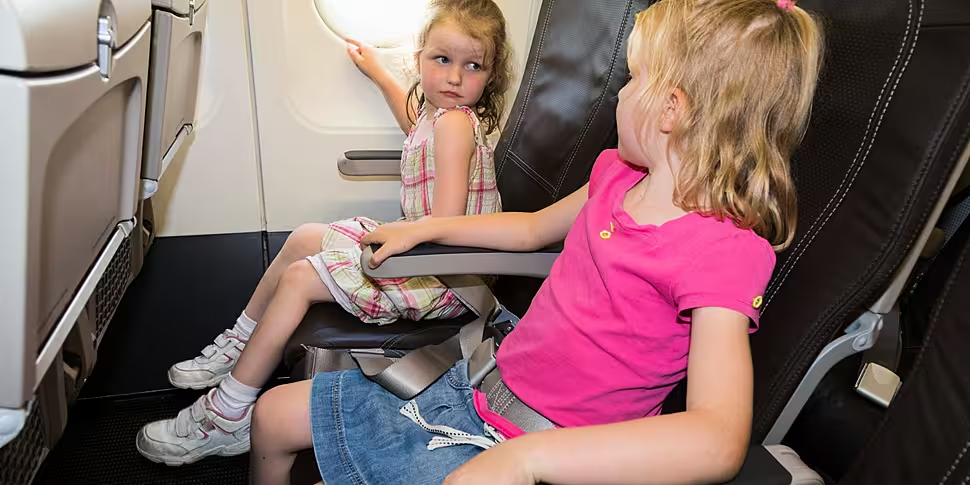How much of your success is down to your older siblings?
The influence of a person’s parents and class background on their life has been studied for generations - but what about siblings?
New research on the subject has recently been published in the New York Times and Clinical Psychotherapist Stephanie Regan appeared on The Pat Kenny Show to break it down.
“Females who play at a national level [in the US], 75% of them are younger siblings,” she said.
“In other words, they all have an older sibling.
“Perhaps the skills of sport are not taught so much to the first born because it’s parents who are 20, 30 older than them.
“But the young sibling has the possibility of playing ball with that older sibling.”
 Young brothers using a tablet PC in a café. Picture by: Arkady Chubykin / Alamy Stock Photo
Young brothers using a tablet PC in a café. Picture by: Arkady Chubykin / Alamy Stock PhotoBy contrast, eldest children tend to perform better academically.
“Is that to do with the fact that they are given more attention?” she said.
“They get more attention in the first-year or so than the second child when attention is split - there’s only so much time and energy that parents have.”
Ms Regan added that if an oldest child is especially academic, a young sibling will often do something else.
“If they do, the sibling that comes along tends to not go in that direction, they tend not to necessarily follow that path but to differentiate themselves in another sphere,” she said.
Achivement
However, she noted there is often a “spillover effect” as well
“If somebody achieves something in a family, it opens the way,” she said.
“There’s an unintended consequence if you like, it opens the pathway for other younger children to think that they can achieve that.
“It’s like opening an avenue to them, if you like - which is obviously very good.”
Equally, if a family is very disadvantaged, children often find aspiration very difficult.
“They don’t see a pathway, they don’t see an older sibling achieving anything or going down a bad route,” she said.
“There is actually a greater likelihood that other siblings will.”
Main image: Children going on holiday. Picture by: David Gee 4 / Alamy.com.









